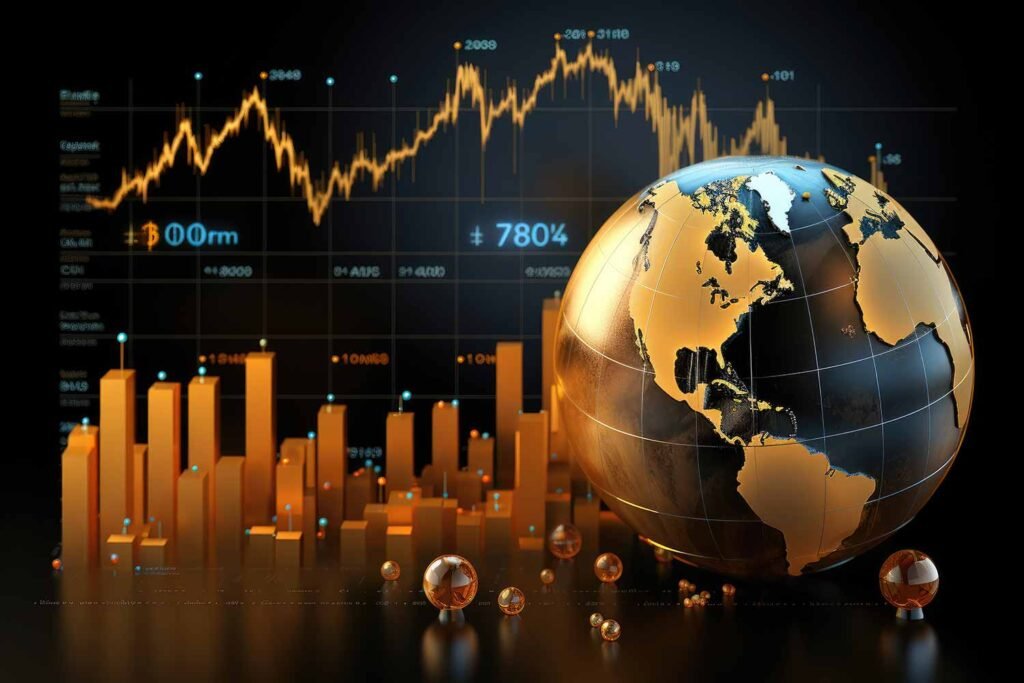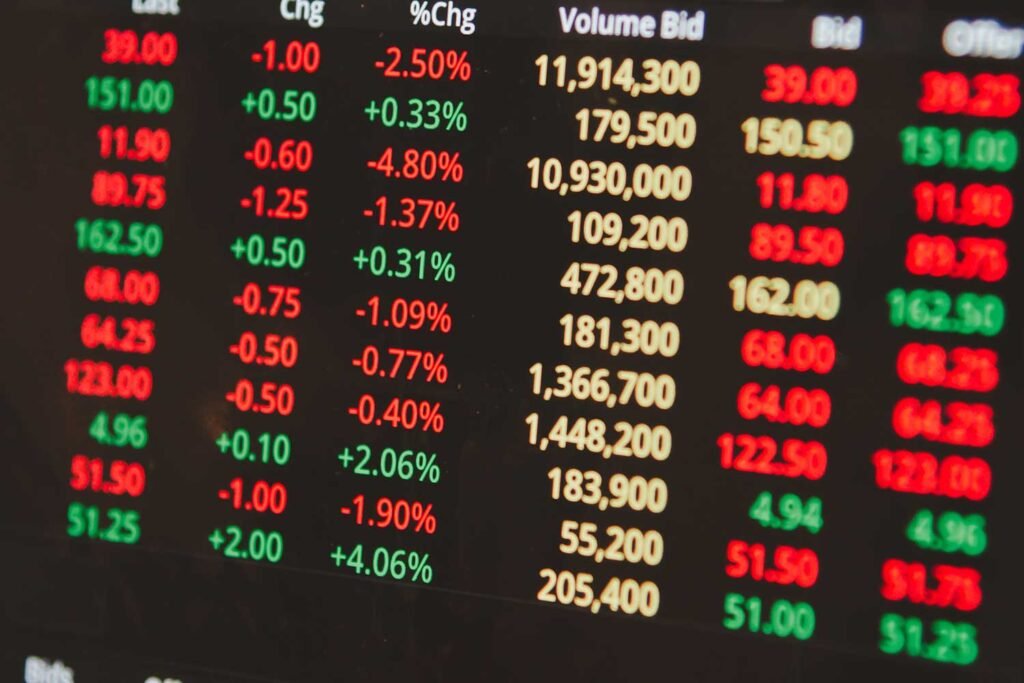Stock market indexes provide important tools to gauge the performance and health of financial markets worldwide. These indexes give a snapshot of overall market sentiment by tracking representative samples of stocks across different sectors and industries.
The importance of stock market indexes is that they serve as benchmarks for investors, fund managers, and financial analysts to make smart investment decisions. They can compare the performance of individual stocks or portfolios against the broader market.
When selecting the top 10 global stock market indexes, factors like market capitalization, liquidity, diversification and global recognition are considered. This ensures a comprehensive and reliable representation of the world’s top financial markets.
1. NASDAQ-100
The NASDAQ-100 is a popular stock market index, established in 1985, that tracks the performance of the 100 largest non-financial companies listed on the Nasdaq exchange. It has become an important signal for the technology sector and acts as a benchmark for global investors.
The NASDAQ-100 is composed of companies like Apple, Microsoft, Amazon and other industry leaders. The index uses a modified capitalization weighting methodology, which means the largest companies have a significant impact on their performance.
With massive market capitalization and high trading volumes, the NASDAQ-100 plays a crucial indexing role globally. Its technology and innovation focus makes it a closely watched global economic barometer. As a result, its performance often influences other indexes while serving as an important reference for international investors and financial analysts.
2. S&P 500
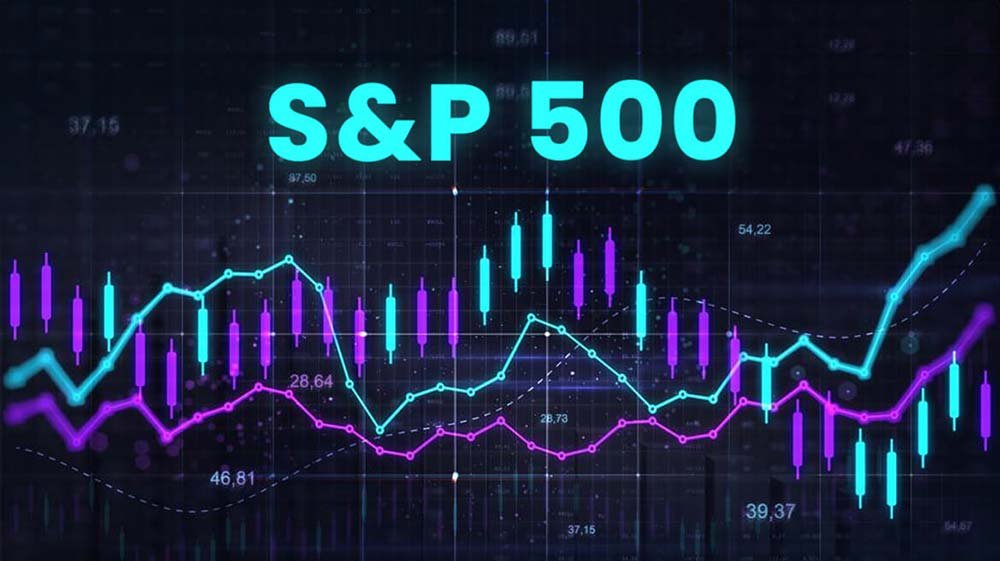
The S&P 500, or Standard & Poor’s 500, is one of the most common global stock market indexes. Established in 1957, the widely followed S&P 500 tracks the performance of 500 large US companies that trade on the NYSE and Nasdaq.
The S&P 500 includes companies like Microsoft, Apple, and Amazon, and the other index covers various sectors. The index uses free-float capitalization weighting methodology, which means companies with larger market caps have a greater impact on the index’s performance.
Its performance heavily influences other global indexes since international investors and analysts closely watch the S&P 500 to gauge market sentiment and decide investments. As a result, it has a significant impact on the global financial landscape, serving as an important global index.
3. Dow Jones Industrial Average (DJIA)
The Dow Jones Industrial Average (DJIA), also called “the Dow,” is one of the oldest and most popular stock indexes globally. It was launched in 1896 by Charles Dow and Edward Jones, and it covers the performance of 30 major public markets traded on the New York Stock Exchange (NYSE) and Nasdaq.
The DJIA’s composition includes companies from several sectors, like Apple, Boeing, Coca-Cola and Goldman Sachs. Unlike market-cap weighting, it uses a price-weighted methodology, which means stocks with higher prices have a greater impact on the index’s value.
Many investors and financial professionals view the Dow as indicating US market and economic overall health. But some critics argue that the 30 companies fail to comprehensively represent the entire US market against broader indexes like the S&P 500.
4. FTSE 100
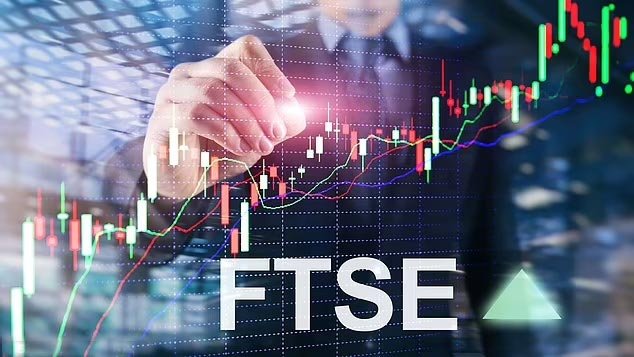
The FTSE 100, also called the Financial Times Stock Exchange 100 Index or the “Footsie,” tracks the performance of the 100 biggest companies traded on the London Stock Exchange (LSE). Since it was launched in 1984, the FTSE 100 has become a major indicator of UK stock market health and part of global stock market indexes.
The FTSE 100 is a market-cap weighted index, which means that larger companies with larger market capitalizations have a greater impact on its index’s value.
Well-known members include AstraZeneca, Shell, HSBC and Unilever. As of June 2023, the FTSE 100 had a total market cap of approximately £2 trillion, with average daily trade volume in the billions.
5. DAX (Deutscher Aktienindex)
Germany’s DAX, or Deutscher Aktienindex, is a popular stock market index that tracks the 40 largest and most liquid German companies traded on the Frankfurt Stock Exchange. Since starting in 1988, it has become an important benchmark for the German stock market and part of global stock market indexes.
Like the FTSE 100, it uses a market-cap weighted methodology, so higher-valued companies have more influence. The index is reviewed quarterly to ensure that it accurately represents the top 40 German firms.
Well-known members include Volkswagen, Bayer, BMW, and Adidas. As of June 2023, the total market cap was approximately €1.4 trillion, with average daily trade volume in the billions.
6. CAC 40
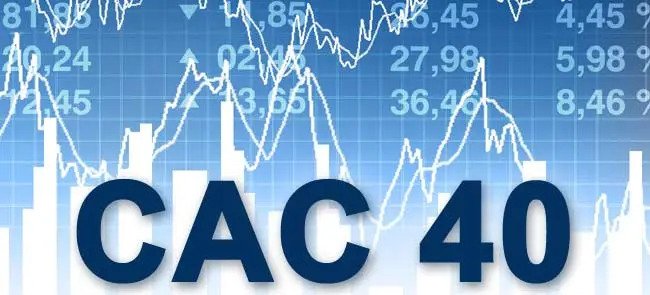
The CAC 40, known for Cotation Assistée en Continu, is a prominent French stock market index that tracks the performance of the 40 largest and most actively traded French companies on the Euronext Paris stock exchange. It was launched in 1987, and it’s become an important benchmark for France’s market and a major global index too.
Some well-known CAC 40 companies are LVMH, L’Oréal, Sanofi and Airbus. As of June 2023, the CAC 40’s total market cap was around €2.4 trillion, with average daily trading volume in the billions. An independent committee reviews the index quarterly to determine the top 40 French companies by market cap and liquidity.
7. Nikkei 225
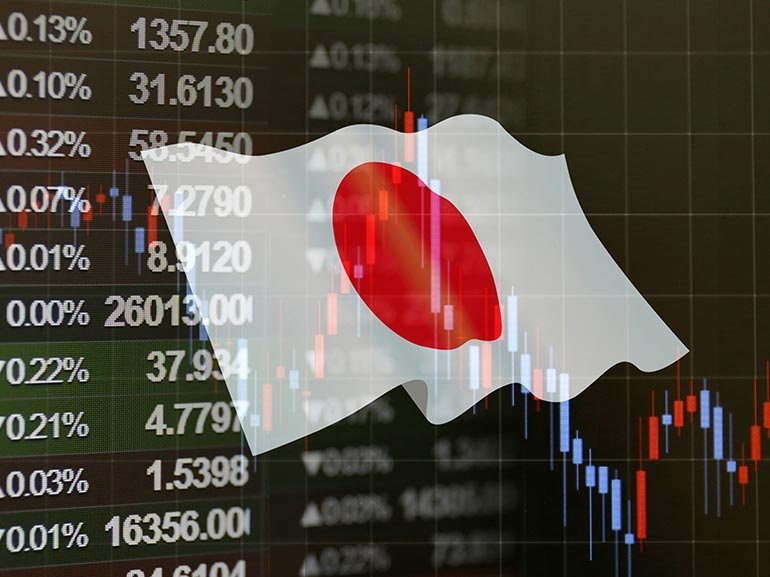
The Nikkei 225, also known as the Nikkei Stock Average, tracks the performance of the 225 largest public Japanese companies traded on the Tokyo Stock Exchange (TSE). It was launched in 1950, and it’s become a crucial standard for Japan’s market.
The index makeup gets reviewed annually to ensure leading Japanese firms across sectors are represented. Some well-known Nikkei companies are Sony, Toyota and Softbank. As of June 2023, the Nikkei 225’s total market cap was about ¥700 trillion, with average daily trading volume in the billions.
8. Hang Seng Index
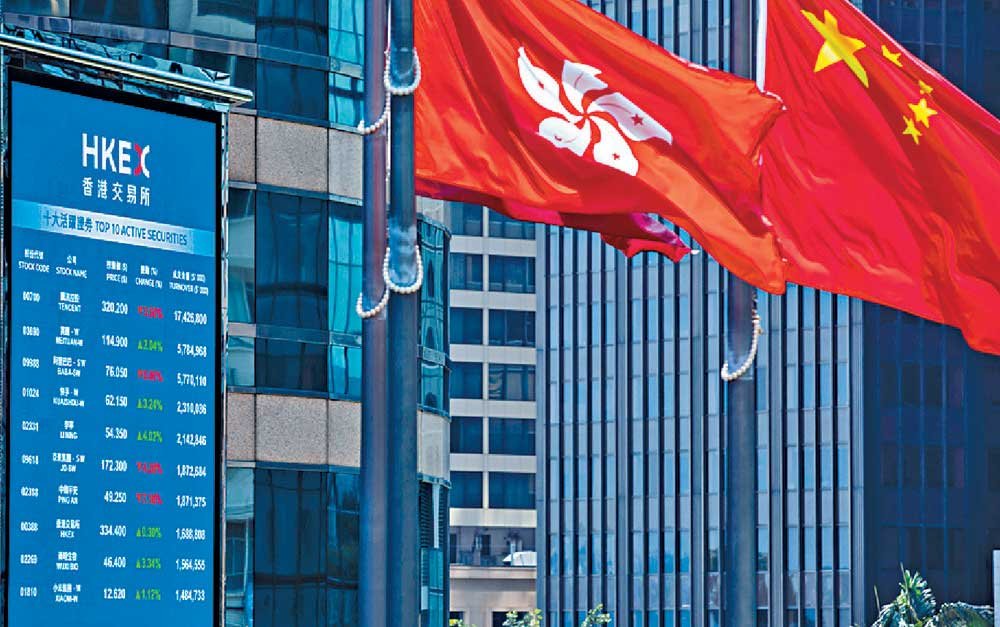
Launched in 1969, the Hang Seng Index (HSI) tracks the largest Hong Kong-listed companies on the Hong Kong Stock Exchange.
Some well-known names in the HSI are HSBC Holdings, Tencent, AIA Group and China Construction Bank. As of December 2023, the HSI’s total market cap was around HK$24 trillion, with average daily trading volume in the billions.
9. MSCI World
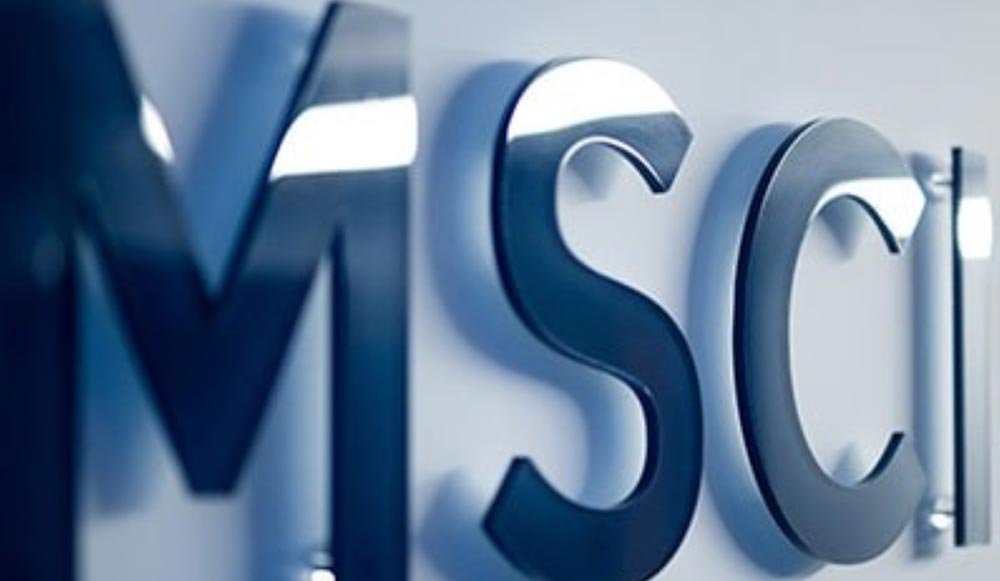
The MSCI World tracks the performance of about 1,500 large and medium cap companies across 23 developed countries.
The MSCI (originally Morgan Stanley Capital International) serves as a common benchmark for global stock funds, aiming to represent a broad spectrum of developed markets. The index covers around 85% of the free float-adjusted market capitalization in each included country.
10. MSCI Emerging Markets
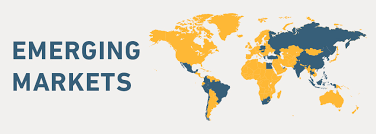
The MSCI Emerging Markets Index tracks the performance of large and medium cap companies across 24 developing countries. It was launched in 1988, and it has become a key benchmark for investors looking to tap into the growth potential of emerging economies.
As of March 2023, the index had 1,379 constituents, representing about 10.9% of the broader MSCI All Country World Index, which covers developed and emerging markets.
Conclusion
The top 10 global stock indexes serve as important benchmarks for gauging the performance and health of financial markets worldwide. Indexes like the NASDAQ-100, S&P 500, and MSCI World carry major influence over global finance and investment strategies by providing valuable insights into market sentiment and economic trends.
As the global financial landscape continues to evolve, the structure and significance of these indexes may shift, reflecting changes in economic power and the rise of new market leaders. But these global stock market indexes are important indicators for investors and financial professionals.
